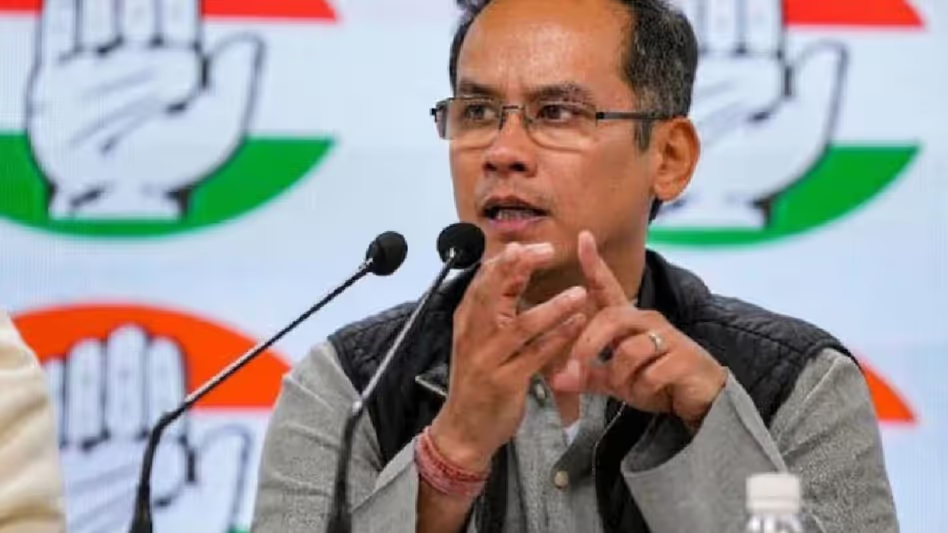Gaurav Gogoi, the Congress Member of Parliament representing Assam, emphasized the importance of inclusive consultations regarding infrastructure projects in Guwahati. He expressed concern over the rapid urban development in the city and its potential environmental impacts. Gogoi called for a collaborative approach involving various stakeholders to ensure that the development of Guwahati is both sustainable and beneficial for all residents.
Gogoi’s remarks come amid ongoing debates about infrastructure projects that aim to improve the city’s connectivity and overall quality of life. While he recognizes the necessity of such projects, he stresses that the voices of local communities must be heard in the planning and execution phases. He believes that engaging with residents, environmentalists, and other concerned groups will lead to better decision-making and outcomes that align with the needs of the community.
In his statements, Gogoi highlighted that the consequences of neglecting environmental considerations can be severe. He pointed out the increasing frequency of natural disasters, like floods, which can be exacerbated by unplanned urbanization. The politician called on the government to prioritize environmentally friendly practices and to conduct thorough impact assessments before initiating any new projects. He suggested that transparency and accountability should be at the forefront of any infrastructure planning efforts.
The MP underscored the need for a holistic approach to development, one that balances economic growth with environmental sustainability. He expressed disappointment that many projects in Guwahati had been pushed forward without adequate public consultation or consideration of their ecological implications. Gogoi believes that the community’s input is invaluable and that it can provide insights that technical assessments alone may overlook.
Gogoi also raised concerns about the long-term sustainability of the city’s resources. He warned that infrastructure developments, if not properly managed, could lead to resource depletion and a decline in quality of life for future generations. By advocating for wider consultations, he aims to promote a development strategy that prioritizes the well-being of both current and future residents.
He specifically mentioned that local residents should have a platform to voice their concerns and suggestions regarding infrastructure projects. Gogoi suggested that town hall meetings and public forums could serve as effective avenues for gathering input. These gatherings would allow residents to engage directly with decision-makers, fostering a sense of ownership and responsibility towards their community’s development.
In addition to fostering dialogue, Gogoi called for the government to consider alternative, sustainable practices in its planning processes. He mentioned the benefits of green infrastructure, such as rain gardens and permeable pavements, which can help mitigate flooding while enhancing the aesthetic appeal of urban spaces. By integrating such measures into development plans, the city can improve its resilience against environmental challenges.
Gogoi’s commitment to environmental sustainability also aligns with broader global trends. Many cities around the world are prioritizing eco-friendly development strategies as part of their urban planning agendas. He urged Guwahati to follow suit, highlighting that sustainable development could not only protect the environment but also create economic opportunities in the green technology sector.
As the discussions around infrastructure projects continue, Gogoi’s call for wider consultations reflects a growing recognition of the need for inclusive governance. He believes that the government has a responsibility to engage with all segments of society and ensure that development projects are equitable and just. His advocacy for community involvement signifies a shift towards more democratic decision-making processes in urban planning.
Gaurav Gogoi’s appeal for inclusive consultations on infrastructure projects in Guwahati serves as a vital reminder of the importance of balancing development with environmental stewardship. His insistence on stakeholder engagement highlights the need for a collaborative approach that can lead to sustainable and resilient urban growth. As the city continues to evolve, the voices of its residents must remain at the forefront of discussions, ensuring that Guwahati’s development benefits everyone.


